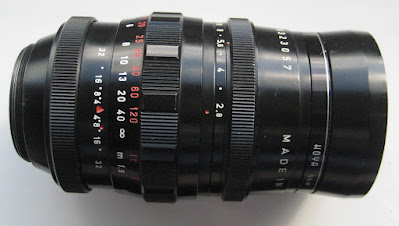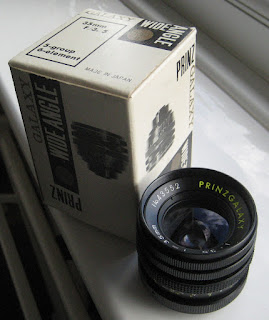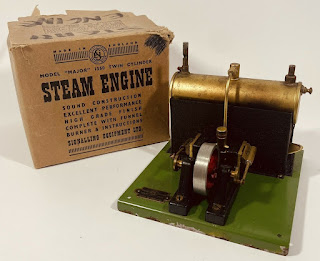
In Bright In The Background, I recalled how my brother gouged a deep groove into the front of our parents’ brand new sideboard the day after it was delivered (I wasn’t entirely blameless). I guess my brother would have been around ten at the time which may excuse things a little. But it did not put an end to our unruly “riving about” as Mum called it. We did a similar around six years later when we should have known better, when my brother was taking his ‘O’ levels and I had started work.
I can be fairly precise about the date because it was shortly after the February 1972 power cuts. Most of our electricity was then generated from coal, but the miners had gone on strike forcing the government to schedule power cuts to private homes. The Central Electricity Generating Board divided days into three-hourly time-slots and assigned homes to areas. Power was then rationed by areas. Typically, your power would be switched off for two time-slots on three days each week, and you would also be on standby at other times in case further cuts became necessary. Rotas were published in regional newspapers.
I remember being in our shared house in Leeds, playing chess by candlelight. At least we had a gas cooker and a gas fire.
Evered No. 4 Duplex
Evered & Co. Ltd.
London and Birmingham
which dates them as Victorian, perhaps from as early as 1850. All parts, including the glass shades, were original. I never thought to ask about them, or how long they had been in the family.
Mum filled the lamp she had brought home with fuel, trimmed and adjusted the wick, and set it alight. As far as lighting was concerned, there might well have been no power cuts at all. It was easily bright enough to read by quite comfortably.
That was the last time it burned. A week or so later, the two naughty too-old-to-be-boys knocked it over and broke the shade. Zoom in and you can see where my brother stuck it back together with Evo-Stik.
And so, fifty years later, it found itself in our loft. And a leaflet came through the door from a Mr. Madgewick of Wombell. It gave me great expectations. The leaflet was covered in drawings of gold and jewellery, coins, military items, furniture, musical instruments, china and ceramic, typewriters, cameras … I immediately thought of the oil lamp in the loft.
Instant cash paid
And he did. It was like the daytime TV antiques programme ‘Dickinson’s Real Deal’. At first he said he was not interested, that he might have been had the shade been intact. But as he started to leave without it, he suddenly turned back and “to do me a favour” named a figure and pulled a roll of bank notes out of his pocket. I’m not kidding it could have been £10,000 thick. It was my turn to pretend not to be interested. Eventually, he and counted some notes into my hand.
Of course, I’m sure I’ve been done.
















